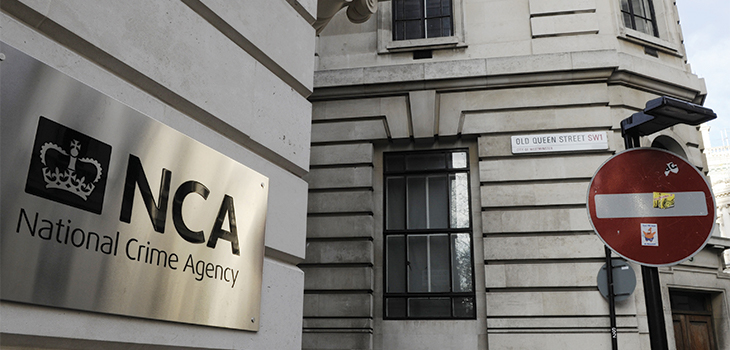
On 16 June 2020, the UK’s law enforcement agencies began to carry out arrests nationwide, following the infiltration of communications network and service provider EncroChat, under the codename of Operation Venetic. Fast-forward eight months and the statistics tell you the story: over 1,000 arrests, £55m in cash, firearms and two tonnes of drugs seized, and murders avoided (see 'Intercept evidence in criminal proceedings').
Two central issues arise from the National Crime Agency’s (NCA) decision to turn the intelligence gathered from EncroChat into evidence: first, whether the NCA will in due course be proven right in their decision that this material is admissible as evidence in a court of law. Second, and just as importantly, it is clear to all those who are involved with the administration of justice that the decision to allow EncroChat evidence to be used in criminal trials potentially bodes very badly for future law enforcement.
It is mistakenly believed that the









